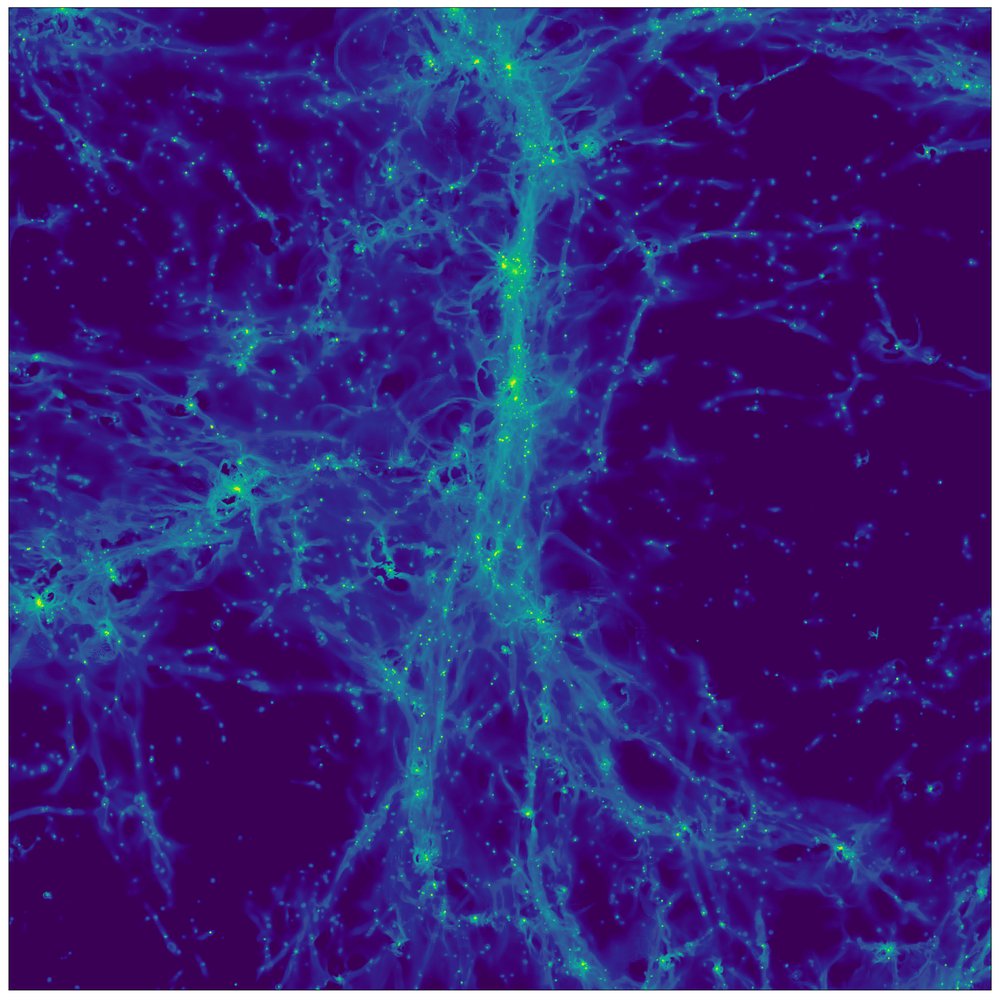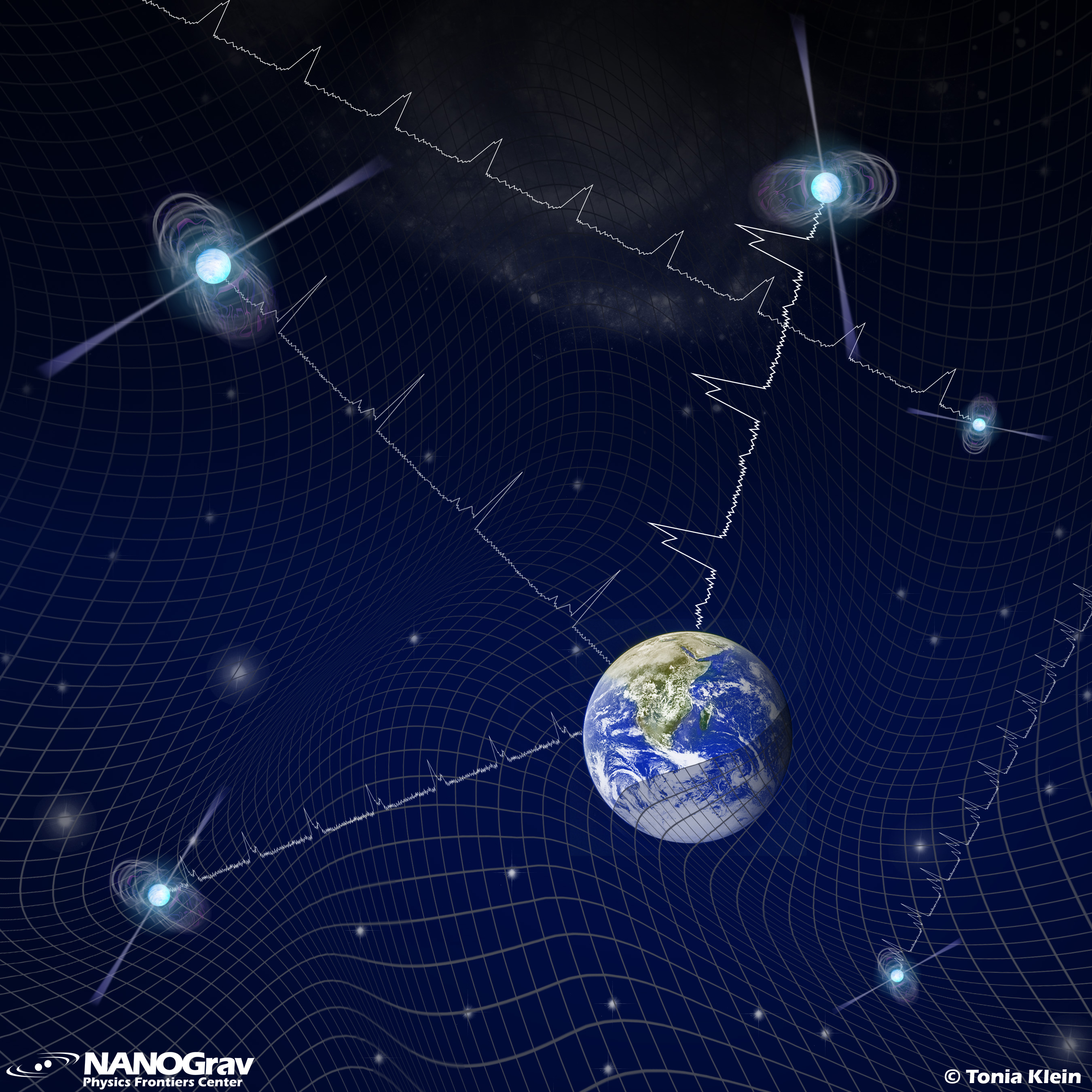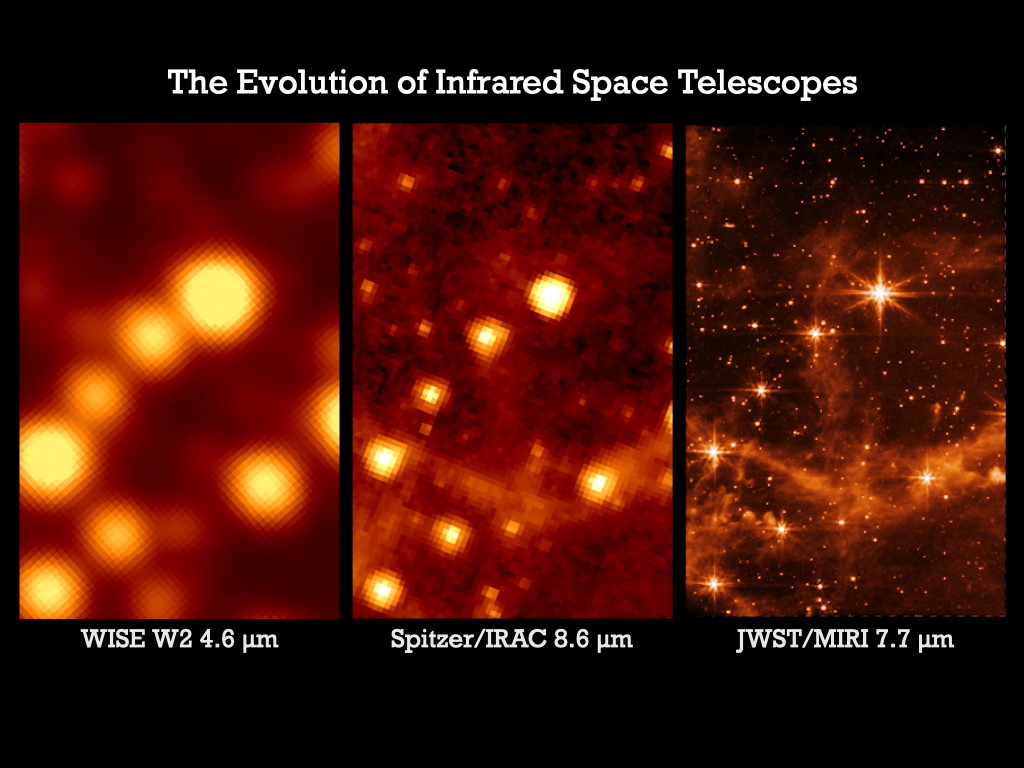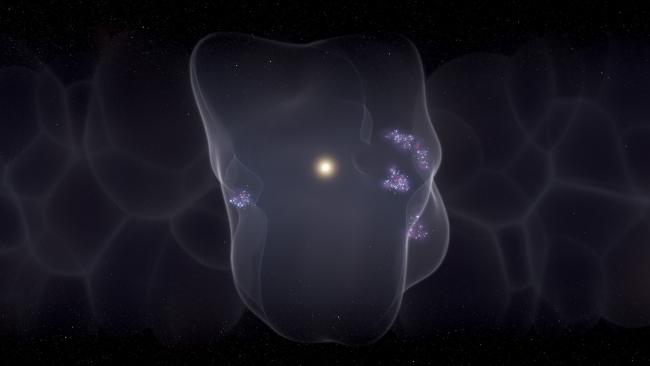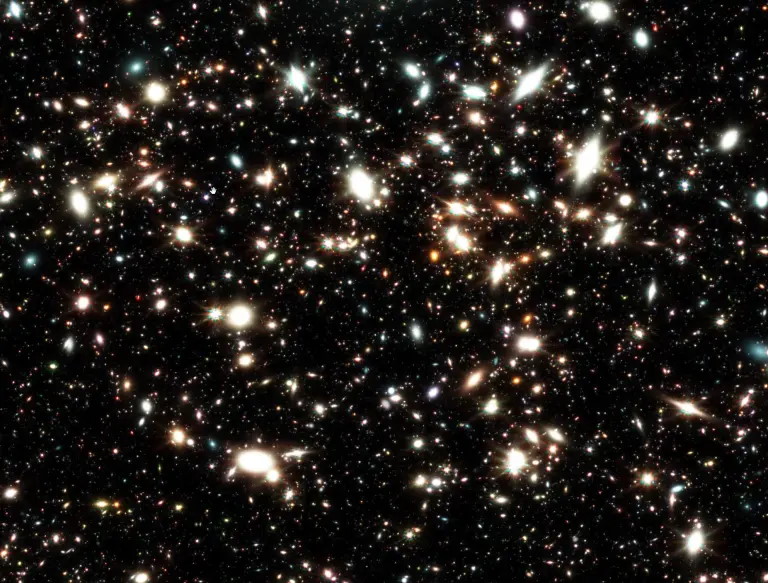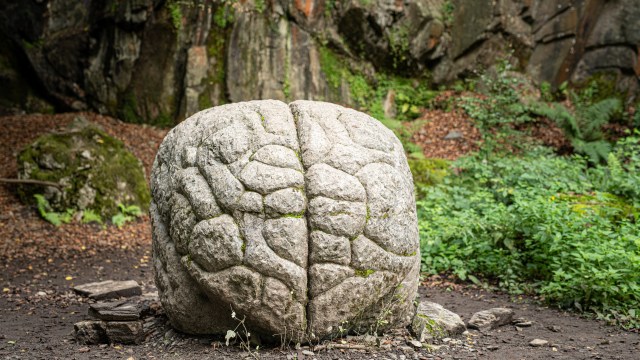Starts With A Bang Podcast #85 – Planetary Formation
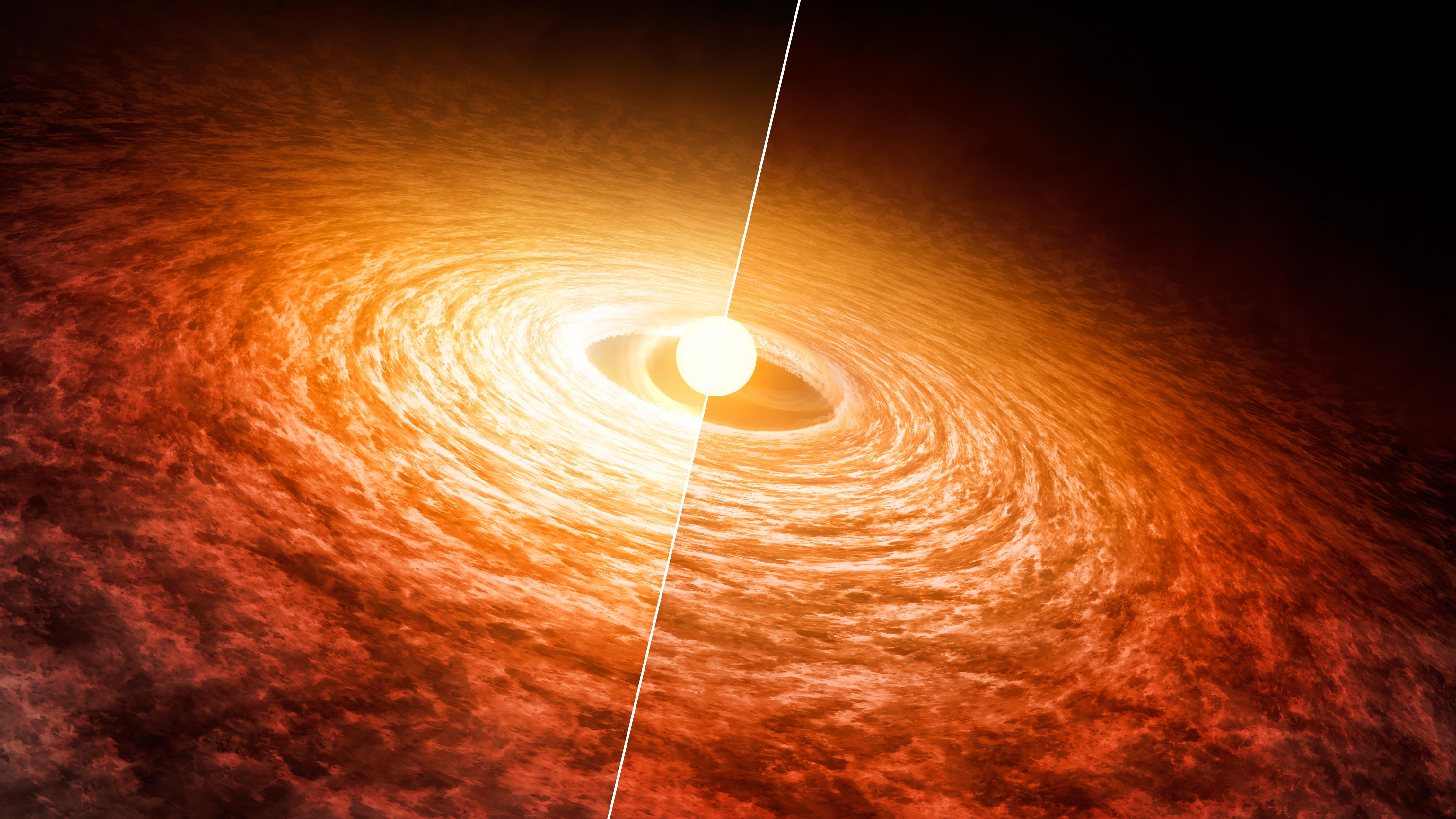
- We once wondered whether planets were common, uncommon, or exceedingly rare in the Universe: a question that went largely unanswered until very recently, when NASA’s Kepler mission revealed abundant planets galore.
- But as it turns out, despite the enormous numbers of discovered planets, not only do all stars not have planets, but all planets don’t have stars, either.
- In this fascinating ~90 minute conversation with Dr. Kamber Schwarz, we dive into the specifics of planetary formation, going right up to the frontiers and peering beyond into the great unknown.
Although it seems like a long time ago, it was as recent as the early 1990s that we had no idea whether planets in the Universe were universal, common, uncommon, or even exceedingly rare. While certain data sets once seemed to indicate that practically every star in the Universe had planets around it, we now know that isn’t true at all. Many stars, perhaps even most of them, have planets, but plenty of others don’t. In addition, the number and types of planets that exist, including planets without parent stars at all, are still under investigation, and the field of planet formation has become extremely active.
With new data coming in from infrared and radio observatories, including JWST and ALMA, we’re learning so much about the planets that form in the Universe, including what conditions they form under and what the various important, dominant considerations are. Here as our latest guest on the Starts With A Bang podcast, to help us disentangle what’s known from what remains a curiosity, is Dr. Kamber Schwarz, postdoctoral research associate at MPIA Heidelberg.
There’s still so much to learn, but wow, how much we know today compared to the early 1990s is astounding. Enjoy this look at the frontiers of what we know about how planets are made, and I hope it leaves you wondering about what else we’ll learn in the very near future!
